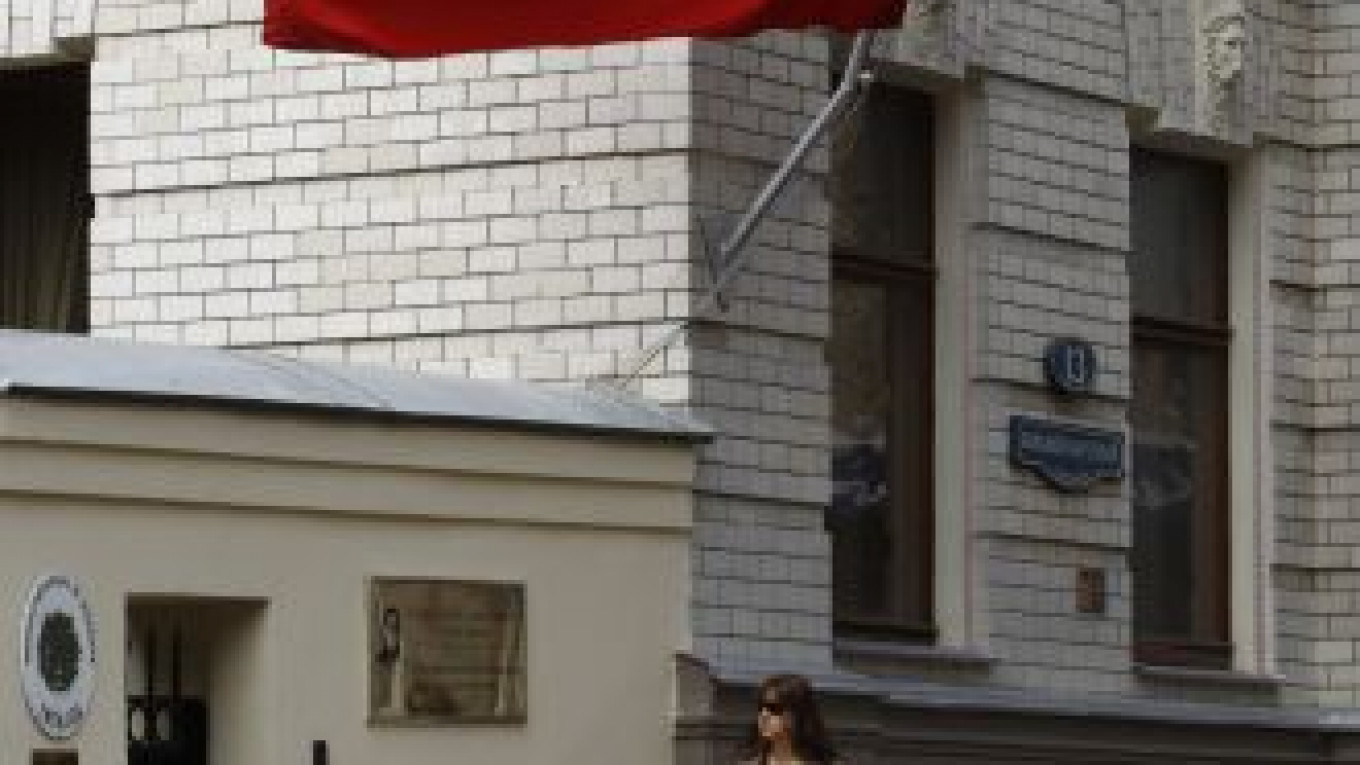CARACAS — Venezuela's president says his country has received an asylum request from NSA leaker Edward Snowden.
Venezuelan President Nicolas Maduro had already offered asylum to Snowden, who apparently is holed up in the transit lounge of Moscow's Sheremetyevo Airport. Bolivia and Nicaragua also say they would grant Snowden asylum. Ecuador says it will consider any request.
Maduro says it is perhaps the world's "first collective humanitarian asylum" with various countries saying "Come here!"
But the United States has canceled Snowden's passport, and it's unclear if he has travel documents he would need to leave Moscow.
Maduro says Snowden "will have to decide when he flies here, if he finally wants to travel here."
He made the comments late Monday in a meeting with Panama's president. The remarks were distributed Tuesday by his office.
Snowden, who is wanted by the United States for leaking details of secret state surveillance programs, arrived in Russia on a flight to Moscow from Hong Kong on June 23.
Snowden has submitted more than 20 requests for asylum. Most have been rejected, or countries have told the former National Security Agency contractor that he must be present on their soil to submit such an application.
Russia was one of the countries to which Snowden submitted an asylum application, but he withdrew his request after Russian President Vladimir Putin said last week that Snowden would only be able to stay if he "stopped his work aimed at harming our U.S. partners."
In the United States on Tuesday, a federal oversight board directed by President Barack Obama to scrutinize the U.S. government's secret surveillance system was set to hear from civil liberties activists and former officials in a public event.
After Snowden began exposing the NSA's operations in June, Obama instructed the board to lead a "national conversation" about the secret programs. The board has been given several secret briefings by national security officials and it plans a comprehensive inquiry and a public report on the matter.
Material from RIA Novosti is included in this report.
A Message from The Moscow Times:
Dear readers,
We are facing unprecedented challenges. Russia's Prosecutor General's Office has designated The Moscow Times as an "undesirable" organization, criminalizing our work and putting our staff at risk of prosecution. This follows our earlier unjust labeling as a "foreign agent."
These actions are direct attempts to silence independent journalism in Russia. The authorities claim our work "discredits the decisions of the Russian leadership." We see things differently: we strive to provide accurate, unbiased reporting on Russia.
We, the journalists of The Moscow Times, refuse to be silenced. But to continue our work, we need your help.
Your support, no matter how small, makes a world of difference. If you can, please support us monthly starting from just $2. It's quick to set up, and every contribution makes a significant impact.
By supporting The Moscow Times, you're defending open, independent journalism in the face of repression. Thank you for standing with us.
Remind me later.






